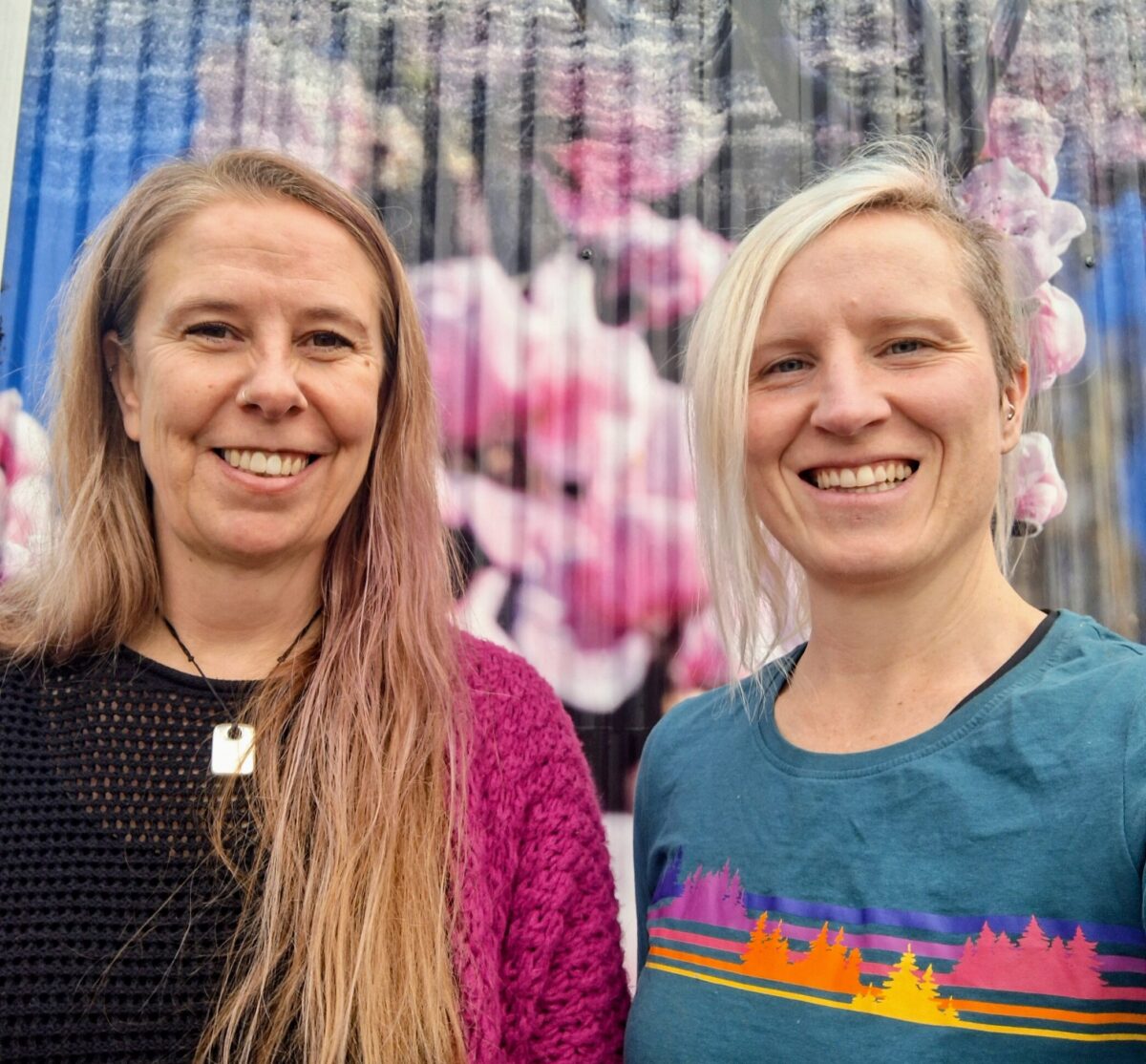It is also sending more down the nurse practitioner (NP) pathway, its nurse leaders say.
“The ability to prescribe empowers nurses to draw on their years of experience and knowledge to provide greater and more autonomous patient care,” said programme leader and community nurse prescriber Andie Lowry.
Launched in 2022 in Otago and Southland, Te Waipounamu RN prescribing in community health combines face-to-face and online learning to enable more nurses to prescribe common medications such as antibacterials, pain relief and gynaecological and urinary treatments.
Once qualified, community nurse prescribers can prescribe from a Nursing Council-approved medication list for the clinical management of minor ailments and illnesses.
‘This is important in a sector experiencing continued pressure to retain clinical staff, particularly in Te Waipounamu where many practices are rural.’
Developed by Southern primary health organisation WellSouth, along with Te Whatu Ora – Nelson Marlborough, the programme in 2023 expanded to all nurses throughout Te Waipounamu working in general practice, with the support of their employers to provide GP or NP mentoring.
So far, 95 primary health providers, including Māori and Pacific, medical centres, student health, public health and home care, have benefited from the programme’s nurse prescribing graduates.
Lowry, who delivers the programme with NP Nicky Burwood, said becoming a prescriber was a real confidence boost for nurses, as well as benefiting patients.
“It’s great to be able to complete consultations with patients with common and minor complaints without them having to wait for an appointment with a general practitioner or a nurse practitioner,” she said.
‘More timely’ care
Burwood said at a broader level, growing nurse prescribing was supporting primary health at a time of high constraint, allowing patients to get timely and appropriate treatment.
“Having more community nurse prescribers means more choice for patients as to who they can see, reducing wait times and supporting holistic relationships between nurses and their patients,” Burwood said.
‘We’re proud of our nurses and of our achievement.’
“This is important in a sector experiencing continued pressure to retain clinical staff, particularly in Te Waipounamu where many practices are rural,” she said.
Such continuing professional development was also keeping community-based nurses working at the top of their scope, “which is good for them, and great for patients”.
With the confidence boost that came with prescribing, a few graduates had already begun study to become nurse practitioners, said Burwood.
“We’re proud of our nurses and of our achievement.”
Most common remedies
A recent WellSouth survey of registered nurse (RN) prescribers across Te Waipounamu found the most common prescribed medications were antibacterials, pain relief and gynaecological and urinary treatments.
Te Waipounamu RN prescribing programme takes seven months and blends online learning with webinars and clinical workplace learning, along with the support of an experienced prescribing colleague.
Offered at no cost to nurses, this course enables nurses to graduate with the Nursing Council’s designated prescribing endorsement, as an RN prescriber in community health.
The first cohort commenced in February 2022. There are three cohorts every year, with around 15 students on each, the latest in June bringing the number of graduates so far to 100.





